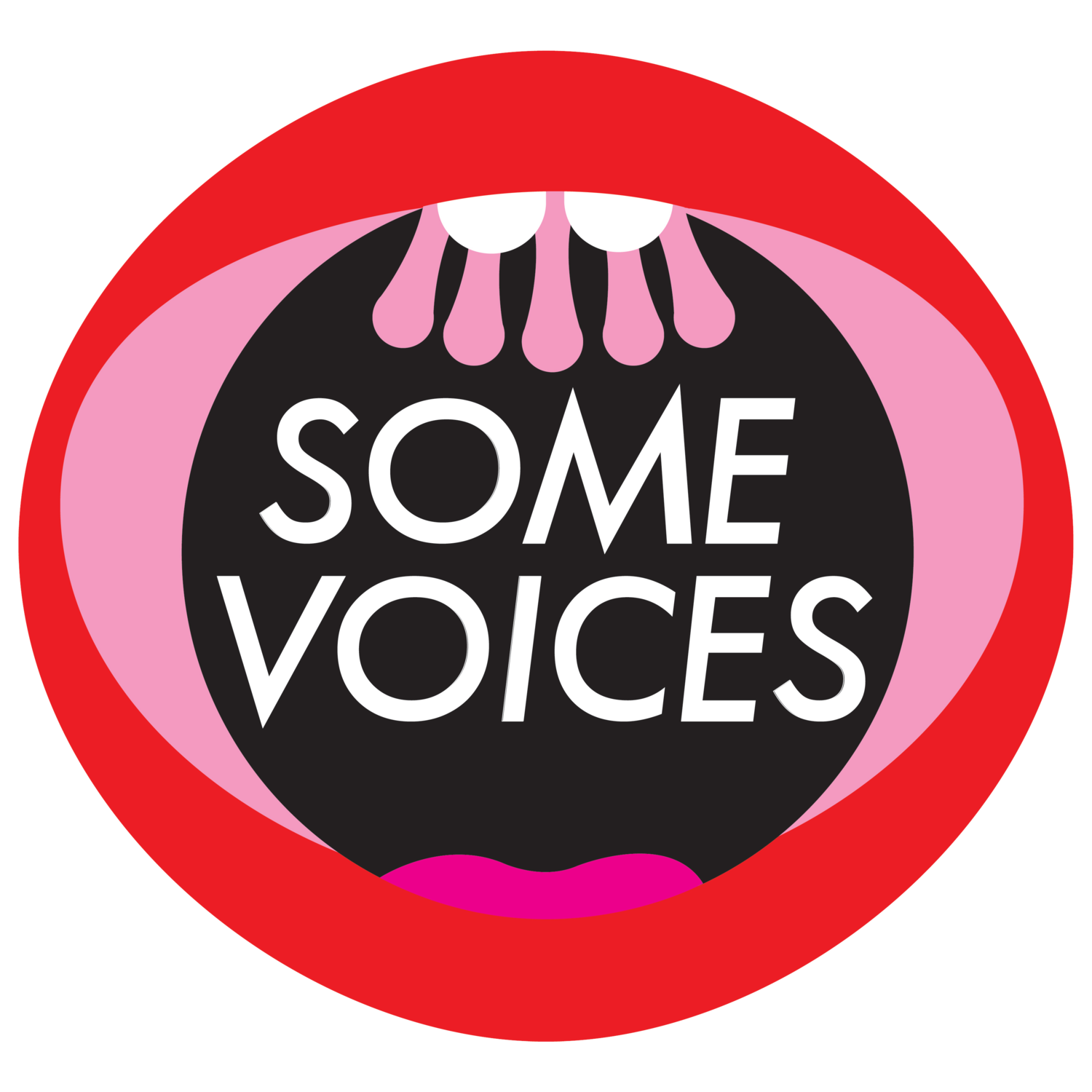by Alexa Brown
Voiceover work has been an unexpected but very enjoyable branch of acting work, where all the skills of tone, character, pace, language and storytelling can be employed but you don’t have to get changed out of your pyjamas first.
I started as an actor working in film, theatre and commercials, having completed a drama degree at university. At first, voiceover work was an occasional extra alongside screen or stage, and most jobs came from word of mouth connections.
In the last few years it has become a business in its own right. I have a small studio at home where I record and edit the majority of my work, occasionally venturing into larger studios for jobs that require live direction (when a client would like to listen in and direct as I record - pyjamas no longer acceptable attire).
The work varies from week to week. Recently I voiced the instructions for a robotic dog, wrote the scripts and voiced the nomination videos for the Just Giving Awards, recorded an answerphone message designed to pacify irate callers (“unfortunately none of our customer relations advisers are currently available”) and was one of the reassuring voices reminding you to fit your own oxygen mask before assisting others on a video for an airline. (The instruction “brace! brace!” is a tricky one to nail whilst aiming to install calm in the listener.)
As well as the need to warm up - see below - the main technical hazard whilst recording is staying fully hydrated to avoid the annoying clicks and pops dehydration can cause. Another hazard of voiceover work is being a total party pooper and avoiding as many hangovers, late nights and people with colds as possible when working.
The profession can call on a surprising number of other skills, from perfecting an evil cackle - a common requirement for animated characters, particularly posh English villains – to sound engineering to get the best possible quality from your studio, to marketing: as with any small self-employed business, half the work is seeking the next job.
As a Some Voices member, I’m very happy to offer an SV discount on any bookings that come through members, so if you or your company are looking for a voiceover artist, please give me a shout. (I’ll even put proper work clothes on first.)
Warming up!
To warm up I usually start with a stretch and some gentle humming to wake everything up. A few shoulder rolls and jaw stretches help too. Then I go through a few of my favourite tongue twisters and tongue warm ups. The following should be helpful for getting lyrics out clearly too!
Repeat the sounds Buh - De - Guh slowly, then gradually speed up, keeping each distinct sound as clear as possible.
Try the same with any combination of three consonants: e.g. Muh - Te -Kuh, Duh - Ne - Suh etc.
Then do the same again but add Ar, Ay, Or, Oo, Ee on the end,
e.g. BDG bar, BDG bay, BDG bor, BDG boo, BDG bee. MTK kar, MTK kay, MTK kor, MTK koo, MTK kee.
(Even reading this blog out loud will help to begin with!)
By doing these you’ll discover which sounds you find harder and need to work more on.
Tongue Twisters:
Betty bought a bit of butter but the bit of butter Betty bought was bitter, so Betty bought a better bit of butter.
All I want is a proper copper coffee pot
Unique New York, unique New York, you know you need unique New York
She sells sea shells on the seashore, the shells she sells are seashells for sure etc


